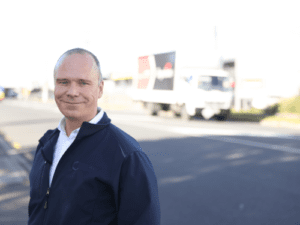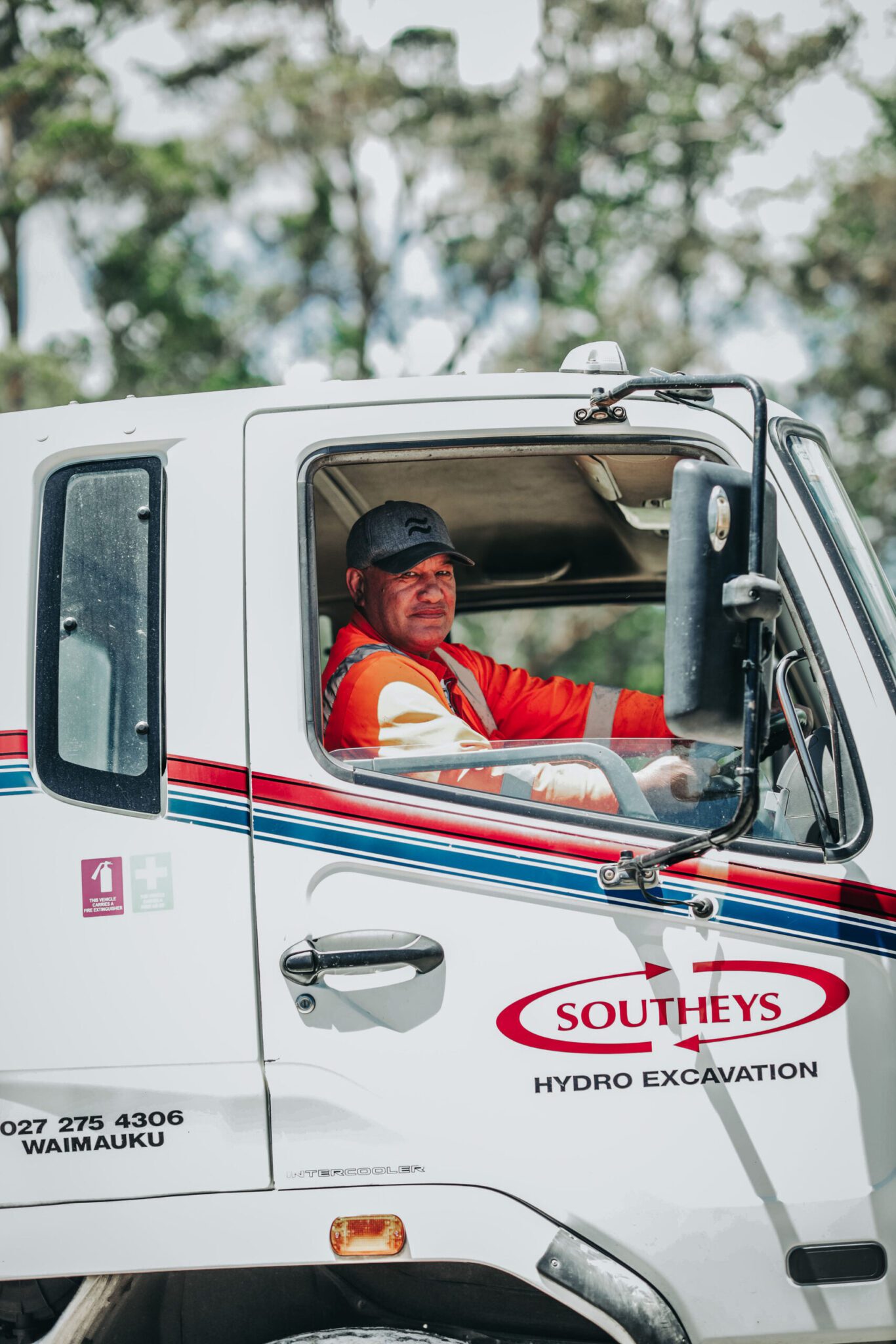The Government is inviting all regions to submit proposals for Regional Deals between central and local government to drive economic growth and deliver infrastructure including for water supply, roads and housing.
The Government plans to:
- Invite all regions to propose a Regional Deal that boosts economic growth and establishes a pipeline of infrastructure.
- Finalise the first Regional Deal by December 2025.
- Progress work to establish three Regional Deals by October 2026.
The intention is for the Regional Deals to address the country’s infrastructure deficit and deliver the long-term infrastructure needed for growth in our cities and regions.
Regional Deals will be based on a 30-year vision, with negotiated 10-year strategic plans to deliver shared objectives and outcomes between central and local government.
The Regional Deals Strategic Framework recognises current settings do not support local government to foster economic growth in their regions, stating:
“Councils existing funding and financing tools are an example of this, where councils are not rewarded for economic growth. Instead, increased tax revenue from local growth flows to central government which means councils and ratepayers are bearing the costs of growth.”
Regional Deals will help unlock funding and financing tools, reduce regulatory barriers, and enable strong collaboration between central and local government to deliver infrastructure.
Potential options laid out in the framework include:
- A commitment to support agreed projects across agency investment pipelines and co-ordination of capital commitments to funding for transport, schools, hospitals and other aspects of growth relevant to the region;
- Enabling new user charges, value capture, targeted rates, tolling and congestion charging, an enhanced Infrastructure Funding and Financing Act;
- Proposals for the reallocation of existing government funding (e.g. from the International Visitor Conservation and Tourism Levy);
- Enhanced Going for Housing Growth payments which could include a share of GST for local government;
- Sector specific commitments, which could include sharing royalties generated by new and re-established exploration of the mineral estate, or other forms of regional economic development; and
- Specific legislative changes
The relevant item for us in the freight sector to watch is option two. We are not against new charges as long as they improve productivity and efficiency.
What we definitely don’t want is road freight being seen as a soft target for time-of-use charging – which may happen if local body politicians perceive we don’t have a big enough voting block in local council elections to push back on that.
Using our central and local government connections we will advocate strongly for funding mechanisms that work for our sector and improve overall economic productivity and efficiency. Watch this space!






